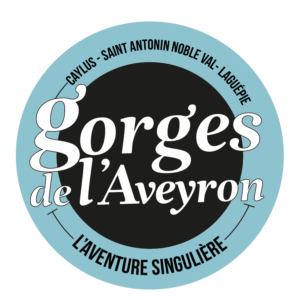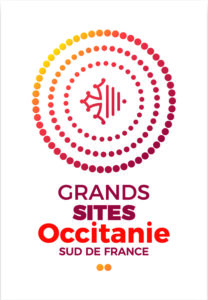Regulatory information
The town planning rules to be aware of when creating tourist accommodation
Your town planning procedures
With the exception of the creation of guest rooms or furnished tourist accommodation in existing dwellings, any tourist accommodation requires planning permission This authorisation can only be issued if the land law authorises such accommodation in the area of the project. This authorisation can only be issued if the land law authorises such accommodation in the project area.
Carrying out your tourist accommodation project in the absence of planning permission places you in a situation of criminal offence with regard to the provisions of the town planning code, with potentially heavy financial penalties.
To avoid finding yourself in this situation, there is only one thing to do: enquire at the town hall as soon as possible.
A permanent contact: the town hall
The town hall of the commune where the project is located is the one-stop shop for town planning, in charge of providing information to users and gathering/transmitting information to other town planning actors. It is therefore the first place you should go to and throughout the progress of your project.
The Town Hall will also be your contact for the submission of your application for planning permission. The Mayor, with the support of the legal opinion of his technical services, has the authority to accept or refuse your application in accordance with the rules defined by the Local Urban Planning Scheme (PLUi).
An essential step at the beginning of your project: consult the PLUi
The PLUi is a planning document produced by the Communauté de Communes Quercy Rouergue et Gorges de l'Aveyron (CCQRGA) to regulate town planning rights on the territories of the 17 communes that make it up. It comprises four main zones: urban (U), urbanisation (AU), agricultural (A) and natural (N). The zoning of the PLUi can be consulted on the Geoportal of Urbanism.
The "strict" A and N zones cannot be built on: it is not possible to create new tourist accommodation outside of the existing buildings, whether they are permanent structures, light structures (chalets, huts) or mobile structures (caravans, yurts, etc.) and camping sites.
In order to carry out these projects, the land concerned must be classified in a U or AU zone or in a sector of limited size and capacity (STECAL) known as "Naturel Tourisme" (NT). It is also possible to create tourist accommodation by changing the use of an existing building (e.g. transforming a barn or sheepfold into a gîte) provided that the construction is designated on the zoning plan of the PLUi.
The PLUi is revised in its entirety every 15 years on average and is subject to partial modifications every 2 to 3 years. Each modification procedure requires an administrative delay of two years. It is therefore difficult for the local authorities (commune and community of communes) to make rapid changes to land use law if it does not allow your project to be carried out. Nevertheless, you can send a request for an amendment to the PLUi to the town hall of the commune where the project is located; the latter will send a copy to the CCQRGA.
If the site of your new tourist accommodation project is zoned A or N, we advise you to look for another site zoned U or NT.
A recommended step to secure the project: the application for an operational planning certificate
If your land or building has the appropriate planning rights to support the project, the next step is to apply for an operational planning certificate (CUb), the purpose of which is to officially request the administration to assess the feasibility of the project. This is a sort of "pre-permit to build" where you provide the overall information on the characteristics of your project without going into the architectural and/or technical details of it. This avoids the need to advance significant study costs in order to obtain an answer from the administration.
For more information on the planning certificate, please visit service-public.fr
Several copies of the form must be submitted to the town hall. It can be downloaded here
An operational planning certificate, when favourable, also has the major advantage of securing your project by guaranteeing its feasibility and freezing the planning rights on the land for 18 months, the time needed to prepare the planning act giving rise to authorisation (development permit, building permit or prior declaration).
In the appraisal phase: possible support from the appraisal service
Depending on the nature of your project (see below), you will need to submit one of three planning applications:
- Planning permission : click here for more information and here for download the form
- The building permit : click here for more information and here for download the form
- The prior declaration : click here for more information and here for download the form
Your file will be examined by the mutualised technical service of the CCQRGA communes (with the exception of Parisot) called " North Instructor Centre "(CIN) and located in Caussade. The deadlines vary according to the type of act (from 2 to 6 months). The person in charge of studying your file is the soil rights instructor. The CIN's task is to propose to the Mayor a draft favourable or unfavourable decision in response to your request for authorisation, on the basis of the existing regulations. In view of this regulatory framework, the Mayor follows the opinion of his technical service.
An exchange with the CIN is possible during the instruction phase in order to facilitate the administrative processing of your file. You can make an appointment with the soil law instructor by contacting this structure at the following address
North Instructor Centre - A.D.S
33 avenue de Saint-Cirq
82300 Caussade
05 63 30 80 98 (switchboard)
ads.nord@info82.com
As before, however, we advise you to seek information at the town hall first. The commune remains the one-stop shop for town planning and will contact other structures if necessary.
Characterisation of tourist accommodation
Knowing the administrative situation (= "destination") of your future tourist accommodation is essential for assessing the feasibility of your project, as well as for the proper processing of your application.
Tourist accommodation can be characterised as housing or as hotel and tourist accommodation strictly speaking. The camping is subject to specific regulations which are also covered by the town planning code.
Accommodations under the 'housing' destination
They are designated by the sub-destination " housing "and cover :
- guest rooms as defined in article D324-13 of the Tourism Code, i.e. limited to 5 rooms for a maximum capacity of 15 people;
- furnished tourist accommodation if they do not offer hotel services within the meaning of b) of 4° of Article 261-D of the General Tax Code, i.e. at least three of the following services: breakfast, regular cleaning of the premises, supply of household linen and reception, even if not personalised, of customers. For the application of the decree, gîtes are considered as furnished tourist accommodation.
Bed and breakfast and furnished tourist accommodation can thus be created in existing homes, without the need for a change of use and therefore without any planning formalities.
Accommodations falling under the "trade and service activity" destination
They are designated by the sub-destination " hotel and tourist accommodation "and cover :
- hotels
- buildings, whether or not they can be dismantled, intended to provide hotel services within the meaning of b) of Article 261-D of the General Tax Code, i.e. including at least three of the following services: breakfast, regular cleaning of the premises, supply of household linen and reception, even if not personalised, of customers.
It covers in particular all buildings used for tourism purposes:
- tourist residences,
- residential tourist villages;
- family holiday villages and homes...
This sub-destination also covers buildings necessary for the operation of campsites and residential leisure parks.
These accommodations must have been preceded by a change of use permit (building permit) to be created in existing housing.
The campsite
Creation of camping sites
Any provision of camping pitches on a regular basis requires planning permission for the creation of a serviced camping site. These pitches can be rented bare or equipped (tent, caravan, etc.). They constitute a reception capacity.
Must be preceded by a prior declaration the setting up or making available to campers, on a regular basis, of sites with a capacity of less than twenty persons or less than six tents, caravans or mobile leisure homes;
Must be preceded by a planning permission the setting up or making available to campers, on a regular basis, of sites with a capacity of more than twenty persons or more than six tents, caravans or mobile leisure homes;
These planning documents can only be issued in the areas of the PLUi intended for camping sites (NT or UTL sectors).
The tents
The provision of pitches for tents to campers on a regular basis requires the creation of a serviced campsite (see above).
Yurts without interior or exterior equipment are considered to be tents.
Caravans
Caravans are considered to be inhabitable land vehicles intended for temporary or seasonal occupation for leisure purposes, which permanently retain the means of mobility enabling them to move by themselves or to be moved by traction and which the highway code does not prohibit from being driven.
The provision of pitches for caravans (whether installed or rented) to campers on a regular basis requires the creation of a serviced campsite (see above).
A motor home or a converted vehicle (van) is considered to be a caravan.
Mobile leisure homes (mobile homes, trailers, etc.)
These are habitable land vehicles intended for temporary or seasonal occupation for leisure purposes which retain the means of mobility enabling them to be moved by traction but which the highway code prohibits from being driven (art. R. 111-41 CU).
Mobile leisure homes may only be installed :
1° In residential leisure parks specially designed for this purpose, other than those created after 1 October 2007 and operated by the transfer of pitches or by the rental of pitches for a period of more than one year;
2° In holiday villages classified as light accommodation under the Tourism Code;
3° In regularly created campsites, with the exception of those created by a prior declaration or created without planning permission, by a declaration to the town hall, on the basis of the provisions of the town planning code in their version prior to 1st October 2007 or constituting natural camping areas.
Light leisure dwellings (chalets, bungalows, safari tents, yurts, bubbles, etc.)
Light leisure dwellings are considered to be dismountable or transportable structures intended for temporary or seasonal occupation for leisure purposes.
Light leisure dwellings may be located :
1° In residential leisure parks specially set up for this purpose;
2° In holiday villages classified as light accommodation under the Tourism Code;
3° In the outbuildings of family holiday homes approved under the Tourism Code ;
4° In regularly created campsites, with the exception of those created by a prior declaration or created without a development permit, by a declaration to the town hall, on the basis of the provisions of the town planning code in their wording prior to 1st October 2007 or constituting natural camping areas. In this case, the number of light leisure dwellings must remain below either thirty-five when the site has less than 175 pitches, or 20 % of the total number of pitches in other cases.
Yurts, bubbles or "safari" tents with indoor or outdoor facilities are considered to be light leisure dwellings.
Tree houses
The erection of a tree house is considered to be a new construction on the ground and therefore requires planning permission. The land must be classified as a building zone.
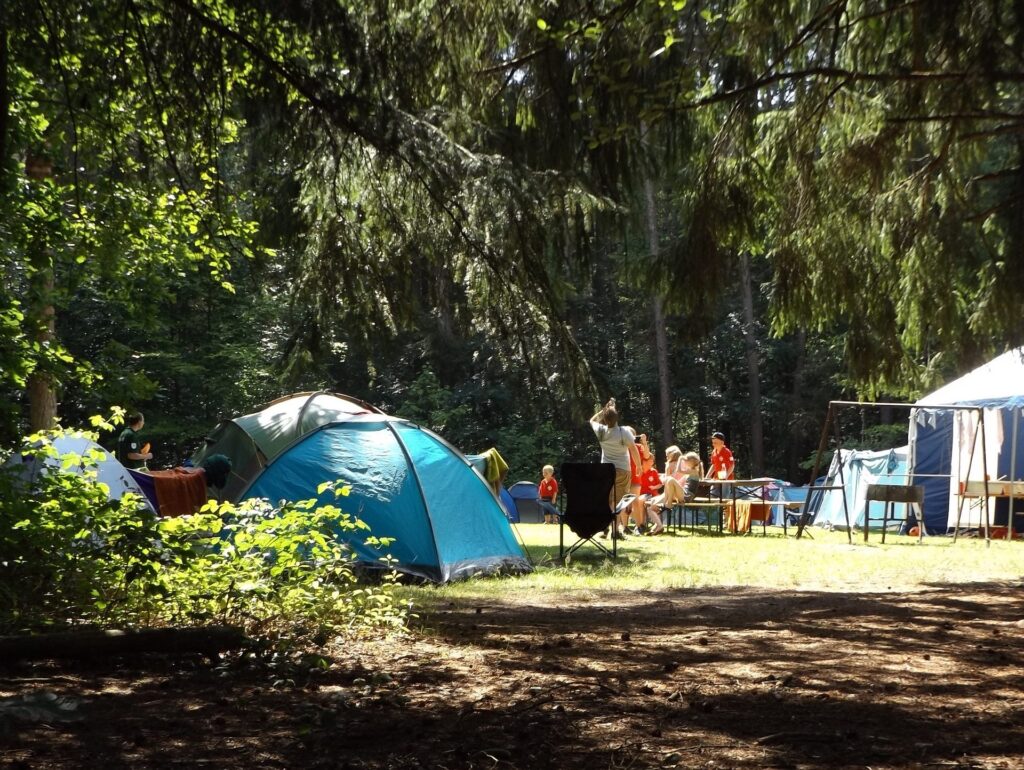
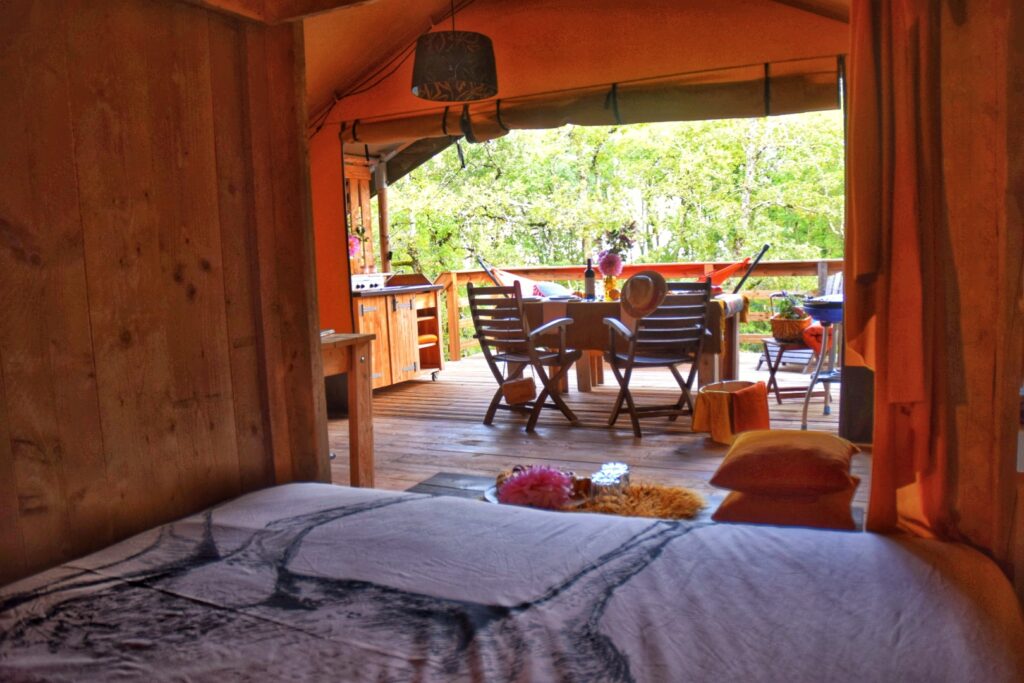
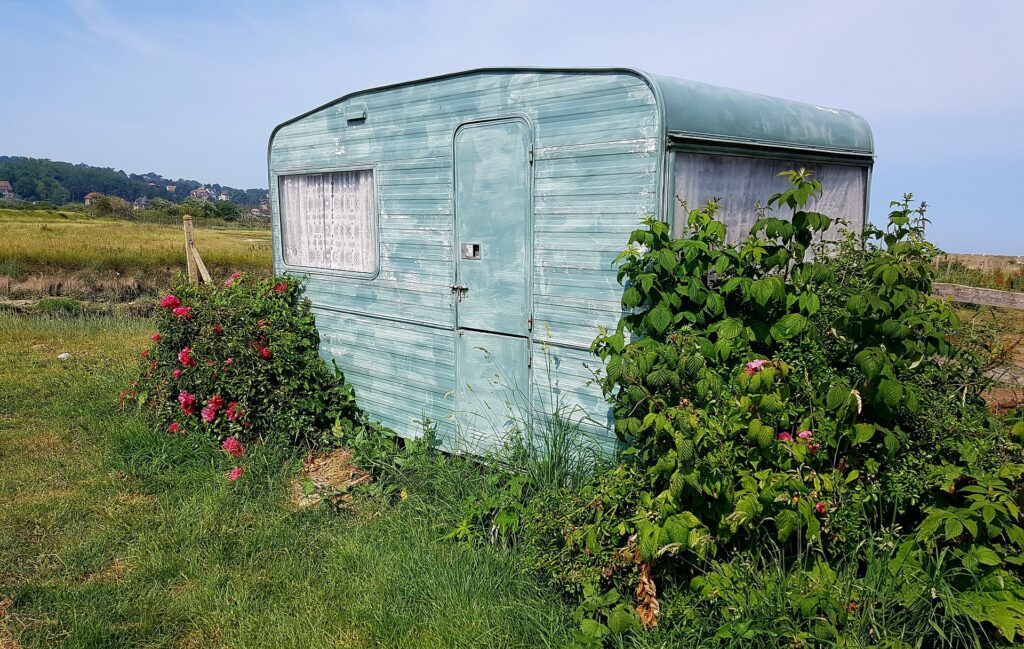
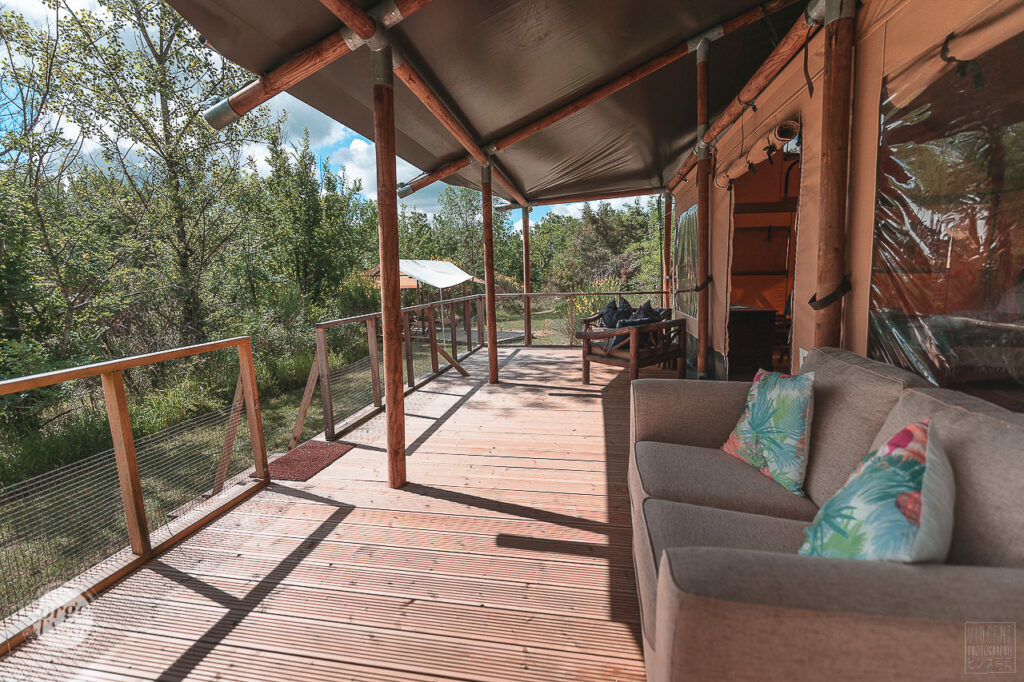
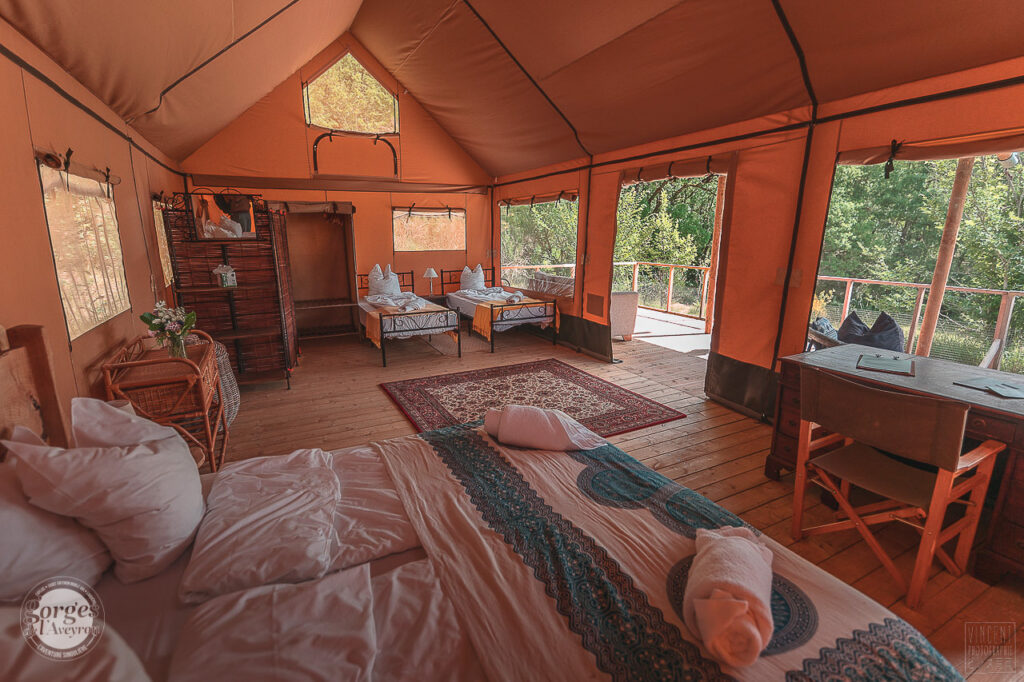
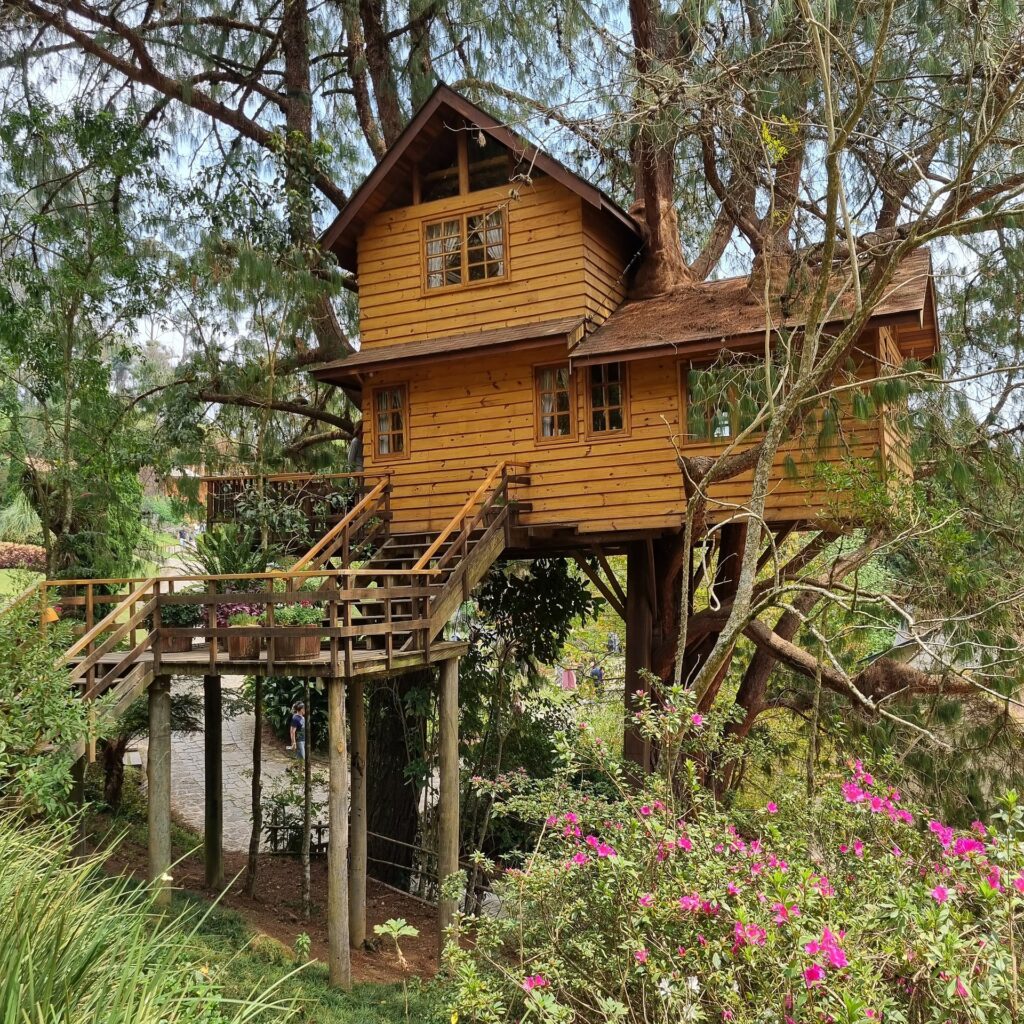
Your steps
- Information on the steps to be taken as a priority to develop a tourist accommodation activity in the territory:
- Complete my procedures online, in particular my activity declaration via the site:
- Download the documents below and fill them in by hand before going to the town hall to make my declaration:
Tourist tax
The taxe de séjour (au réel) must be collected from persons accommodated for payment and who are liable to pay it and not exempted.
Persons staying for a fee...
These are the people who pay to occupy the accommodation.
...which are subject to...
According to the terms of article L. 2333-29 of the CGCT, the tourist tax is established on persons who are not domiciled in the municipality. As of 1 January 2020, there is no longer any reference to the taxe d'habitation and any person not domiciled on the territory of the municipality where he or she stays is therefore subject to the taxe de séjour.
Therefore :
- A person who is only resident without being domiciled is indeed subject to the tourist tax
- A person who is not domiciled in the commune but who has a secondary residence there is subject to the tourist tax
...and not exempted
- The cases of exemption from the tourist tax (in real terms) are :
- Minors
- Holders of seasonal employment contracts employed in the community's territory
- People in emergency accommodation or temporary rehousing
Remote declaration steps:
1
For new accommodation providers: fill in the form below to create your account on the website for the remote declaration of the tourist tax.
2
Download your teledeclaration tutorial here.
3
More information on the tourist tax on the online declaration platform:
Do you need help?

You want to know the services offered by your Tourist Office, need assistance to create your account on the platform of remote declaration Nouveaux Territoires, or on the platform of participatory financing?
Contact Sabine to arrange a meeting at the CCQRGA administrative offices (on Thursdays for tourist tax): Sélectionnez la date et l’heure – Calendly ).
Accommodation providers: do you want to label or classify your accommodation? Below are the contacts to be kept
Tarn & Garonne Tourisme
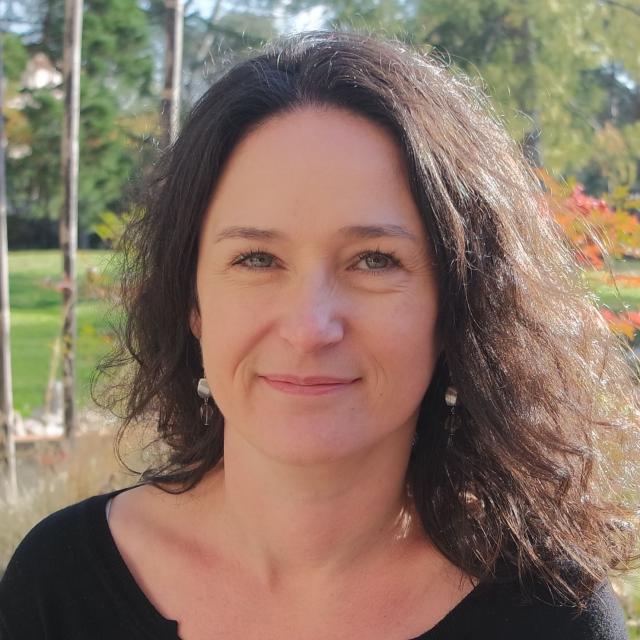
Fabienne Lang-Poivre
Production - Marketing Officer
05 63 21 79 60
fabienne.poivre@tourisme82.com
Gîtes de France Tarn & Garonne
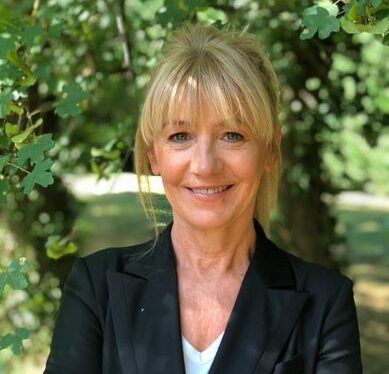
Monique Ferrero
Agency Director
0630616319 – 05 63 03 84 06
accueil@gites-de-france-tarn-et-garonne.cm
Clévacances Tarn & Garonne
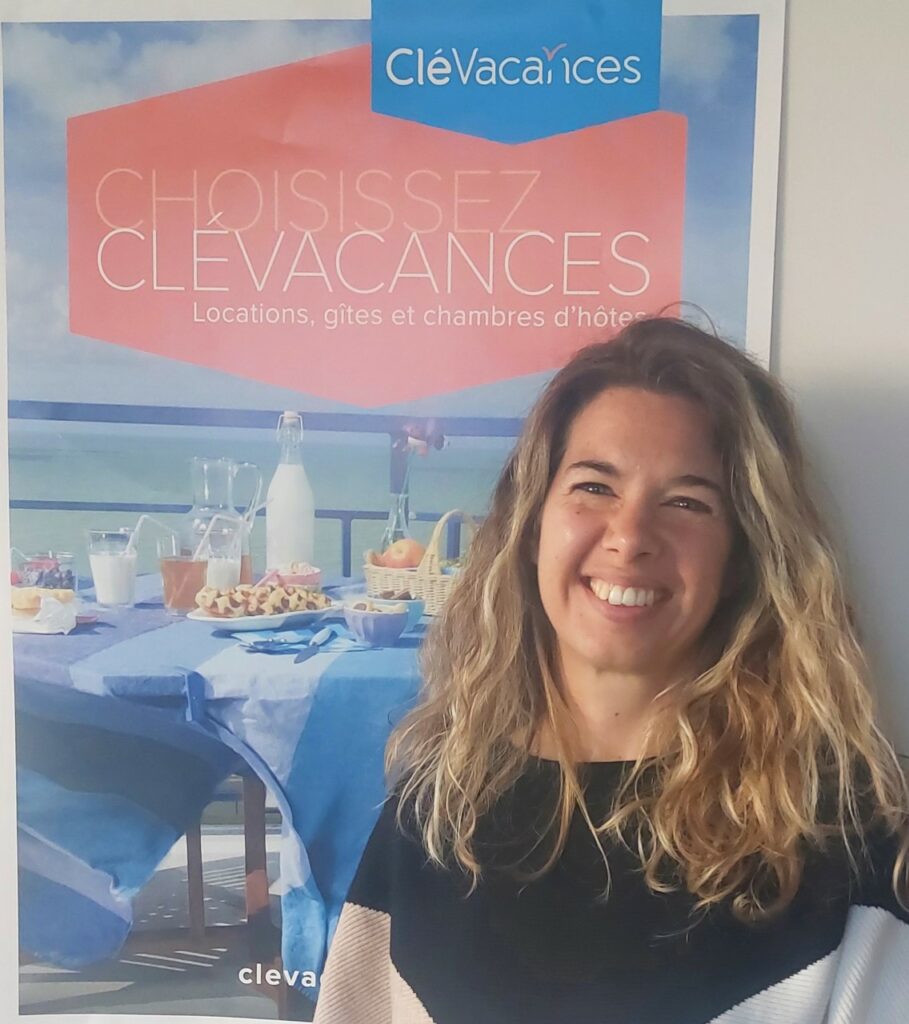
Elodie Recordier
06 10 79 55 14
elodie.recordier@clevacances.com
To be listed on the Tourist Office website
... and also at the Tourist Office counter
Apidae
Our communication tools (digital and tourist guides) are fed by the Apidae database, in which each Tourist Office references the offer present on its territory (accommodation, activities, restaurants, events, shops...). Every day, Apidae feeds the websites of the tourist offices, the departments, the region, tourist applications such as Apitour, etc.)
The Tourist Office team uses it:
- to provide information to visitors face to face or by e-mail,
- to publish brochures
- to fuel digital projects
Apidae events: announce your events
The collection of information is a fundamental issue for the Tourist Offices.
Apidae Events is a simplified event entry form for event organisers, town halls and associations. It is freely available to event organisers and therefore does not require them to create an account. The Office receives an email as soon as an organiser has filled in the form and this creates a record in Apidae. If everything is filled in correctly, with at least one visual, all that is left to do is to validate and your event will appear in the site's agenda the next day. (The Tourist Office reserves the right to accept or refuse events that do not fit the chosen themes)
Apidae forms: the questionnaire that makes your updates easier
Apidae Forms - the questionnaire that makes your updates easier
Apidae Form is intended to make it easier for service providers to update their records. Once a year, the Office sends you a link to Apidae Form which gives you access to a pre-filled questionnaire online. You check your information and modify it if necessary. The Office checks the changes you have made and decides whether to validate them after verification or to add to them.
Apitour
Apitour is an application that assists travel advisors in their mission to promote the services offered in their tourist area. It uses the Apidae information system to provide personalised recommendations to customers, which are sent to them by email, SMS or print. It also allows us to collect statistics to better understand our customers.
Waste management
Because waste management is everybody's business...
Permanent residents, secondary residents, holidaymakers, tourism providers... We all have a role to play in preserving our territory.
Composting
What is composting?
It is the decomposition of natural and degradable waste (food scraps, peelings, garden waste...) into a natural and very rich fertilizer, similar to compost: compost.
Why compost?
- Produce a natural and free fertilizer for the garden and crops that also improves the soil's ability to retain water.
- Reduce the weight of our household waste bins (1/3) and therefore reduce pollution and the costs of transport and treatment
How does it work?
In conditions of good balance, bacteria and fungi on or in food (micro-organisms), insects (micro-fauna) and small invertebrates (worms) work to break down materials.
On 1 January 2024, the Anti-Wastefulness for a Circular Economy Act requires the sorting of bio-waste (food scraps, kitchen waste and garden waste) at source. Local authorities must provide their residents with solutions so that bio-waste is no longer thrown away in household waste.
A problem, a question?
Contact our guides and master composters at the technical services of the community of communes of Quercy Rouergue and the Aveyron Gorges at 05 63 65 77 89 or write to us at preventiondechets@cc-qrga.fr
The QRGA CC is a member of the Occitanie Citizen Compost Network. http://reseaucompost.org
Reminders on methods, golden rules etc. : https://cc-qrga.fr/collecte-de-dechets/
Reminder of sorting instructions
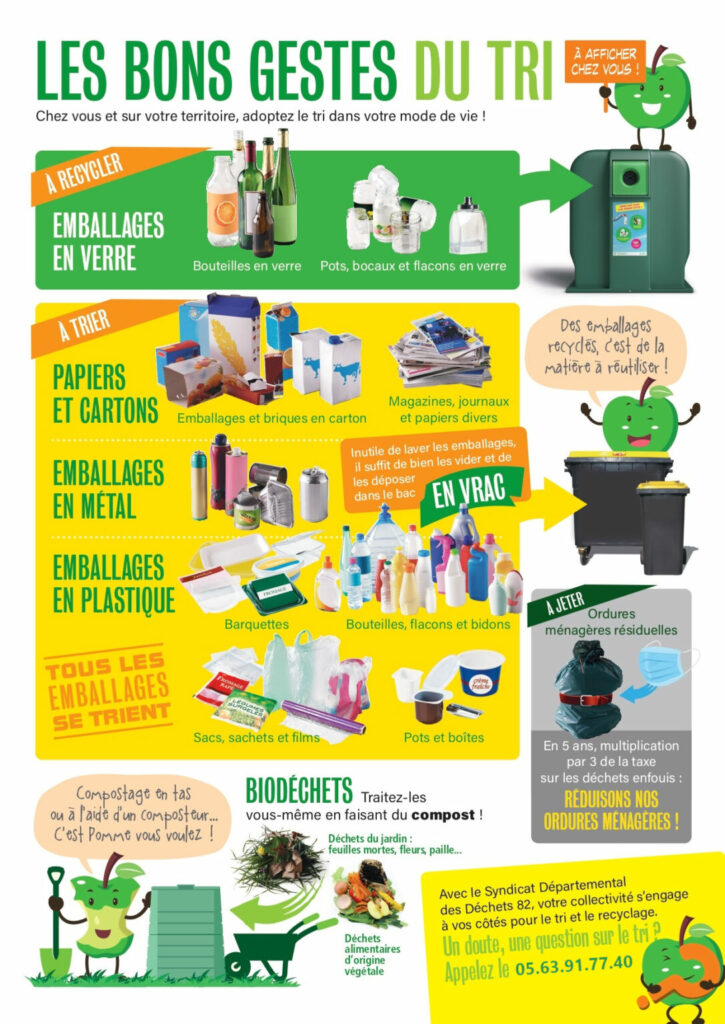
A doubt about a waste product: to throw away? to sort?
The Citeo sorting guide makes it easier for you to sort on a daily basis:
